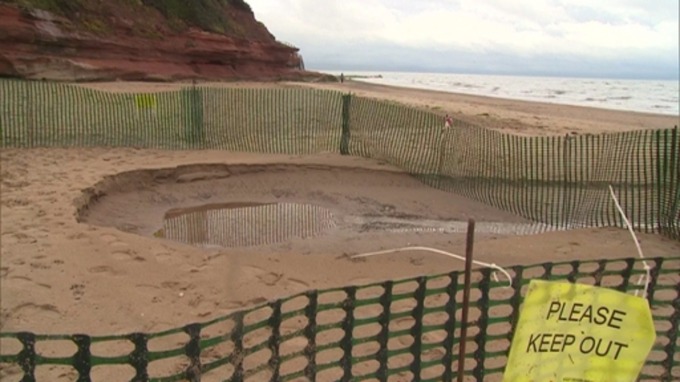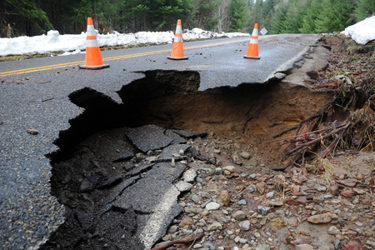Unseen Connections: How Non-Revenue-Water Is Linked To The Hidden Hazard Of Sinkholes
Non-revenue water (NRW) and sinkholes might seem unrelated at first glance. Still, a fascinating and crucial link between the two underscores the importance of managing our water resources efficiently. This article explores how NRW can contribute to the formation of sinkholes and why addressing NRW is vital for preventing these potentially dangerous occurrences.
What is Non-revenue water?
Non-revenue water refers to water that has been produced and is lost before it reaches the customer. These losses can be due to leaks, theft, or inaccurate metering. NRW poses significant challenges for water utilities worldwide, leading to wasted resources, increased operational costs, and the need for unnecessary water extraction from natural sources.
Understanding Sinkholes
Sinkholes are depressions or holes in the ground caused by the collapse of a surface layer. While they can occur naturally due to the dissolution of soluble rocks such as limestone, dolomite, and gypsum, human activities can also trigger their formation. These activities include excessive groundwater pumping and the alteration of water drainage patterns.
The Link Between Non-revenue Water and Sinkholes
The connection between NRW and sinkholes lies in the water loss caused by leaks in the distribution system. Water leaking from pipes can erode the soil and rock beneath the surface, especially in areas with soluble rocks. Over time, this erosion can create underground voids. If these voids grow large enough, the land surface above them can collapse, forming a sinkhole.
This process is exacerbated in urban areas with heavily paved ground and limited natural water infiltration. Continuous water leakage from aging infrastructure or poorly maintained pipes contributes to underground erosion, increasing the risk of sinkholes.
Preventing Sinkholes by Addressing Non-revenue Water
Mitigating the risk of sinkholes related to NRW requires a multifaceted approach. Water utilities must invest in modernizing their infrastructure to reduce leaks and improve water efficiency. This can include adopting innovative water management systems that use sensors and real-time data analytics to detect and address leaks promptly.
Furthermore, comprehensive water audits and regular maintenance schedules can help identify at-risk areas and prevent significant water losses. By reducing NRW, we can conserve valuable water resources, save costs, and mitigate the risk of sinkholes, protecting communities and infrastructure.
Conclusion
The link between non-revenue water and sinkholes is a stark reminder of the interconnectedness of our water systems and the ground beneath our feet. Addressing NRW is not just about water conservation and financial savings; it’s also about preventing the potential hazards of sinkholes. We can safeguard our communities and ensure a sustainable water future through smart investments in water infrastructure and technology.
Source: Water Online.
Pure Water Gazette Fair Use Statement






